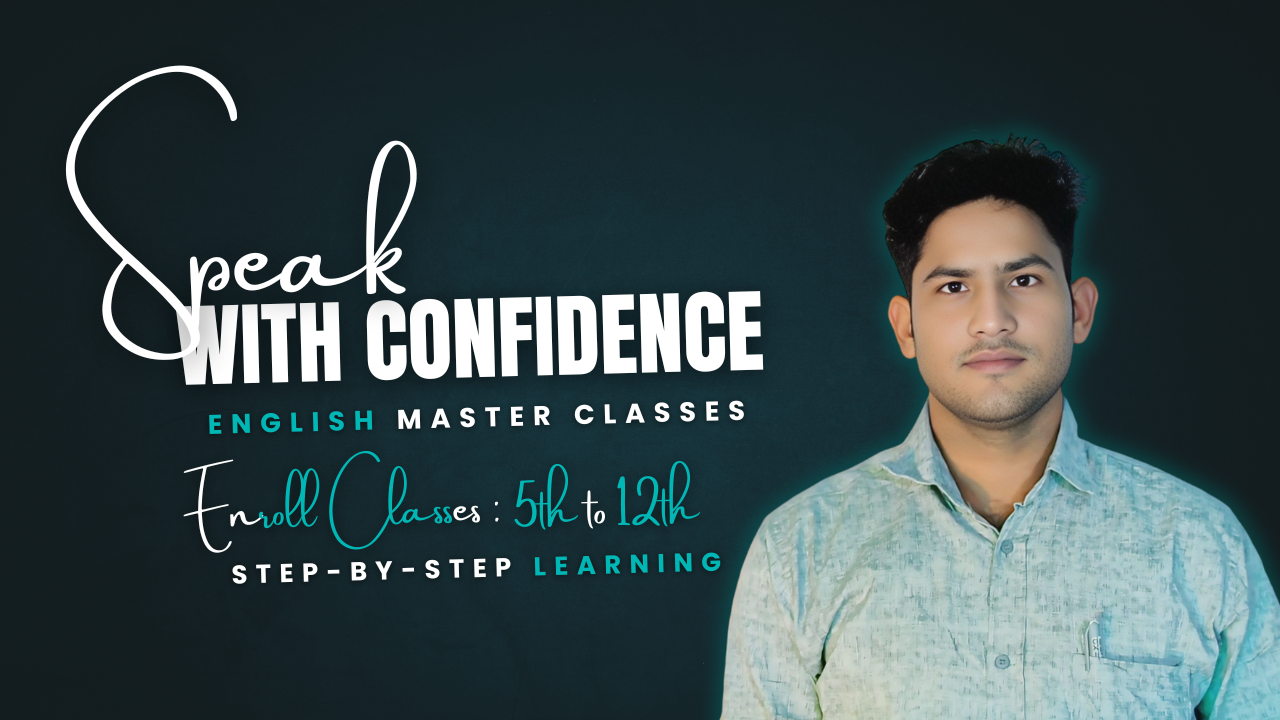- +91 7500991670
- insightssiddharth@gmail.com
- help@siddharthinsights.com
- Hasanpur , Uttar Pradesh 244242

About Course
Welcome to the English Speaking Course, your ultimate guide to mastering spoken English from basic conversations to advanced communication skills. Whether you’re a beginner or looking to refine your speaking abilities, this course is designed to take you step-by-step through the entire journey of English language fluency.
Throughout the course, you will develop core speaking skills, enhance your vocabulary, and learn to communicate confidently in a variety of everyday situations. From mastering the basics of grammar and pronunciation to engaging in real-world conversations and advanced speaking techniques, this course is perfect for anyone looking to improve their English speaking skills.
Course Highlights:
- Comprehensive Curriculum: Covering everything from grammar and vocabulary to advanced speaking techniques.
- Interactive Learning: Engage in practical exercises, role plays, and real-life conversations.
- Confidence-Building: Overcome fear and hesitation with fun, supportive lessons and speaking practice.
- Personalized Feedback: Receive constructive feedback to help you improve and become a fluent speaker.
- Flexible Learning: Learn at your own pace with lifetime access to course materials.
Course Content
NOTEPAD PART1
Student Ratings & Reviews

No Review Yet
